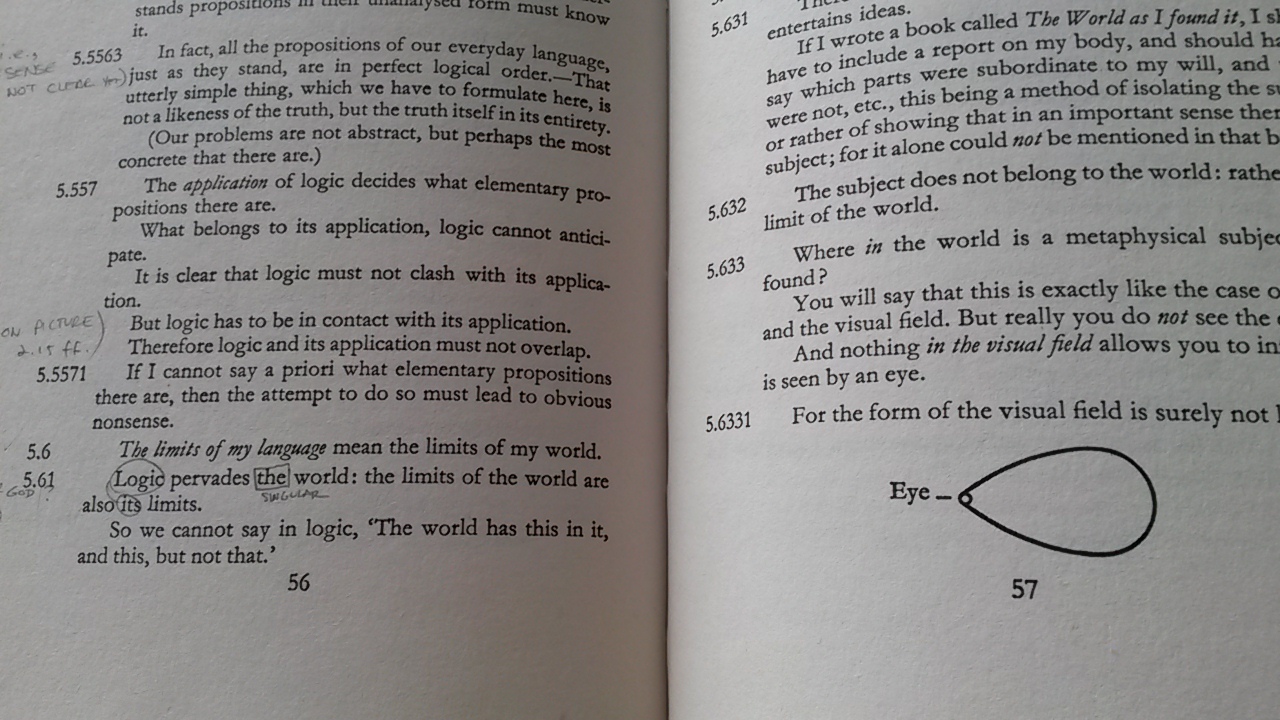Conversations get lispy around cicada
chirps, and those buggers hiss in a sibilant chorus this time of year. I wonder whether the Chinese fellas on the next bench over suffer this same tongue thwacking misarticulation. I wonder whether they, like me, unwittingly lisp in some similar manner under these conditions. Relatedly, I’ve wondered whether a murmuring crowd affects its members’ dominant accent.
The very possibility of such queries only arose after I emigrated from California to New Zealand, where certain upticks and soft R-s flummoxed my ears until I adapted to the patterns of what turned out to be a new language. I’m not sure about the lisping, but I can say for sure that yes, a crowd’s murmurs and chants take on the crowd’s tone, as when children sing of jolly good fellows, here with a non-rhotic “fo.uh” rather than the American “fow.er.”
Four years on and my tongue has adjusted as much as my ears. My speech has changed, as it must, if only to eliminate the need to repeat repeat every sentence ev.ery sen.tence and preserve some sense of linguistic sanity. (Californians tend to slur one phrase into the next sufficiently lazily that theyvea hard time gin anyone to understand em.) ((For as hard as that might seem to read, imagine how hard it is to hear in real life, outside of a script reading of The Big Lebowski. I’m reminded of the time it took me to adjust to Mark Twain’s affected dialogue style. Of course, once you adjust, there’s a certain thanks to be given in the careful listening it takes to replicate such sounds on a written page.))
My O-s have softened and my R-s, oddly, have morphed more Irish, which is to say, even harder. Perhaps this is because of my new-found upturned inflection, an attack in the final syllable. Contrast this with California vocal fry, which is absolutely non-existent in New Zealand (a beautiful fact); rather, Kiwi words often terminate in a lift on the final syllable, singing a note or two up the scale.
In short, I find New Zealand’s accent optimistic, which I find a welcome shift from California’s disappointing-sounding transition from final phoneme to full stop, as though the end of a sentence marks the end of all hope. I tend to feel joy at the completion of a thought, and if New Zealand’s linguistic environment has afforded me freedom of such expression, so much the better — regardless of familial reactions to my recently-revealed unfamiliar speech patterns.
If American speech has its own style, so too does American vocabulary. In writing we mash all this together and call it “voice.” I’m too close to self-perform an analysis on my own evolution, but I’m certain that my word selection has altered as much as my spoken delivery. Of course, there are colloquial choices that make sense to adopt: at the supermarket I leave the car in the car park and I load my trolley with biscuits and crisps (cookies and chips.) I’m not one to wear stubbies (short-legged shorts worn by athletes and farmers) but in hot enough weather, it’s jandals (flip flops) for me, indeed. Things might be “bang on” or “sweet as,” and I’ll offer no complaint that my bicycle got a bit “munted” (damaged) in the rain, because “she’ll be right” (not beyond the possibility of continued use.) Am I fussed? Yeah nah.
What one doesn’t say often reveals as much, or more than what one does say; our words and our lives intertwine more complicatedly than we often consider. No doubt, places have voices all their own: A land’s literature is a land’s geography, and its libraries a history of its expressive limits, ever expanding.
I’m generally not one to invoke hifalutin name-drops, but every now and again such a thing seems right to me. This is one of those times: In his Tractatus Logico-Philosophicus, Ludwig Wittgenstein sums up a series of remarks quite simply: “The limits of my language mean the limits of my world.” (Sometimes you see this misquoted with the word “are” in place of “mean,” which changes everything in all the wrong ways, as I see it.) He’s talking about the origins of logic here, and the ways in which it might even be possible to express necessarily-abstract logical relations in real world words. Relationships between language and world fascinated Wittgenstein, and similar relationships fascinate me. The point is this: as much as the stuff you say describes your world, the stuff you can say expands your world. To learn a word or to augment a word’s meaning is to shift your expressive limits outward, and to do that is to change your world, for better or worse (curses and sesquipedalian tendencies not being equal.)
Of course, what I’m saying here is that the same goes for accents, and that’s the sort of revelation I have when I make an effort to elevate my voice above the shrieking awfulness of a million cicadas on a muggy summer afternoon. Yet their song in my ears sends an involuntary lisp through my teeth and tongue, and I can’t work out any reasonable mechanism to express this phenomenon any more sensibly. It just is. And facts aren’t affected by our capacity to explain them. Such is the nature of language and geography, and such is the origin of all the world’s literature.
*
*

